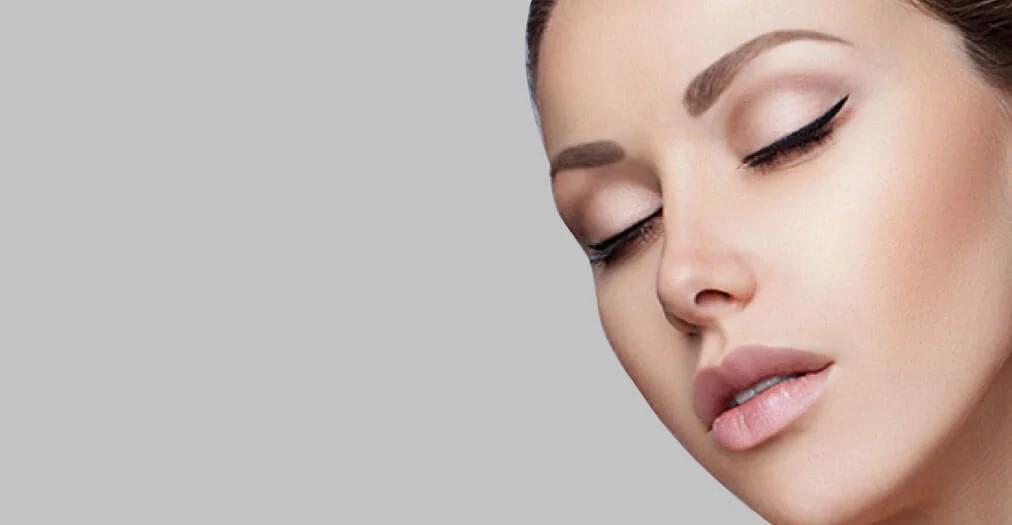List of Best Treatments for Acne Management

Are you still suffering from acne breakouts even though you have tried multiple options? Don’t worry, get the most effective Acne Treatment in Bangalore, with the expert dermatologists, and achieve acne-free skin.
Acne is one of the most common skin conditions people experience at all ages. It may occur from mild breakouts to severe cystic lesions, often causing scarring and emotional distress. Acne can be effectively managed with advanced acne treatments that involve a combination of lifestyle changes, skincare routines, and targeted medical therapies tailored to the individual’s skin type and the severity of their acne.
Here are the best and effective treatments for acne management:
1. Topical Treatment
Topical treatments are often carried out as the first line of defense to treat acne. This treatment acts by reducing inflammation, killing bacteria, and encouraging skin cell turnover.
a. Benzoyl Peroxide
Benzoyl peroxide is used as an over-the-counter medication that kills acne-causing bacteria (Propionibacterium acnes). It also removes excess oil and dead skin cells from the skin. It is used to treat mild to moderate acne and is available in various strengths (2.5% to 10%).
b. Salicylic Acid
Salicylic acid is a beta-hydroxy acid used to treat clogged pores by exfoliating the skin. It particularly effectively treats comedone such as blackheads and whiteheads.
c. Retinoids
Retinoids encourage skin cell turnover and prevent pores from clogging. Prescription-strength retinoids (such as tretinoin) are more powerful, while adapalene is available OTC. Retinoids may cause initial irritation, but are highly effective when used in the long term.
d. Azelaic Acid
Azelaic acid contains antibacterial and anti-inflammatory properties. It is particularly used to treat both acne and post-inflammatory hyperpigmentation.
2. Oral Medications
Dermatologists may prescribe oral medications to treat moderate to severe acne, especially cystic acne.
a. Antibiotics
Oral antibiotics such as doxycycline and minocycline act to reduce inflammation and kill bacteria. These are generally for short-term use to prevent antibiotic resistance.
b. Oral Contraceptives
For women, certain birth control pills can act as a form of hormone regulation that causes acne development. These are particularly helpful for treating hormonal acne, which generally develops during menstruation.
c. Isotretinoin
Isotretinoin is a potent oral retinoid used to treat severe and treatment-resistant acne. It reduces oil production, inflammation, and bacterial growth. Though highly effective, it can have serious side effects, such as birth defects. So, strict medical supervision is crucial.
d. Spironolactone
Spironolactone is an anti-androgen medication often advisable in women with hormonal acne. It blocks androgen receptors to reduce oil production.
Note: All the mentioned products must be used or applied only after consultation with a dermatologist for safe and promising outcomes.
3. Professional Treatments
Dermatologists may advise several advanced procedures to complement or replace medication for acne treatment.
a. Chemical Peels
Chemical peels are a procedure that involves applying acids (such as glycolic or salicylic acid) to the skin to exfoliate. It effectively improves acne and acne scars.
b. Laser and Light Therapy
Laser treatments target acne-causing bacteria and reduce inflammation without damaging the skin. Lasers can be used, such as pulsed dye lasers or blue light therapy.
c. Corticosteroid Injections
A corticosteroid is directly injected into the lesion to reduce swelling and prevent scarring quickly. Dermatologists used these injections to treat painful cystic acne.
4. Natural and Lifestyle Remedies
Although they are not a replacement for medical treatment, natural remedies and lifestyle modifications can help manage acne.
a. Dietary Modifications
Consumption of High-glycemic foods and dairy products may trigger acne in some individuals. Eating a balanced diet rich in whole foods, fruits, vegetables, and omega-3 fatty acids may help improve skin health.
b. Proper Skincare Routine
- A consistent skincare routine is essential
- Use a gentle cleanser twice daily
- Avoid over-washing or scrubbing
- Moisturizing with non-comedogenic products
- Apply sunscreen daily.
c. Tea Tree Oil
Tea tree oil has natural antibacterial properties and can be used for spot treatment. However, it must be diluted to avoid skin irritation.
d. Green Tea
Topical green tea extracts or consuming green tea may help reduce inflammation and sebum production.
5. Behavioral Changes
- Certain habits can worsen acne or interfere with treatment
- Avoid touching or picking at the face
- Disinfect phones and pillowcases regularly
- Wash makeup brushes and avoid heavy, pore-clogging cosmetics
- Manage stress through exercise, meditation, or other healthy outlets, as stress can trigger breakouts.
Conclusion
Not all types of acne are treatable with one solution. An effective treatment plan often requires a combination of methods. Consulting with an expert dermatologist provides personalized care, especially when over-the-counter medications are ineffective.
Get the most effective acne treatment by consulting with the best Dermatologist in Bangalore, Dr. Rasya Dixit. She is available for consultation at Dr. Dixit Cosmetic Dermatology Clinic in Bangalore and provides the aforementioned treatments for acne management.
- Art
- Causes
- Crafts
- Dance
- Drinks
- Film
- Fitness
- Food
- Games
- Gardening
- Health
- Home
- Literature
- Music
- Networking
- Other
- Party
- Religion
- Shopping
- Sports
- Theater
- Wellness


